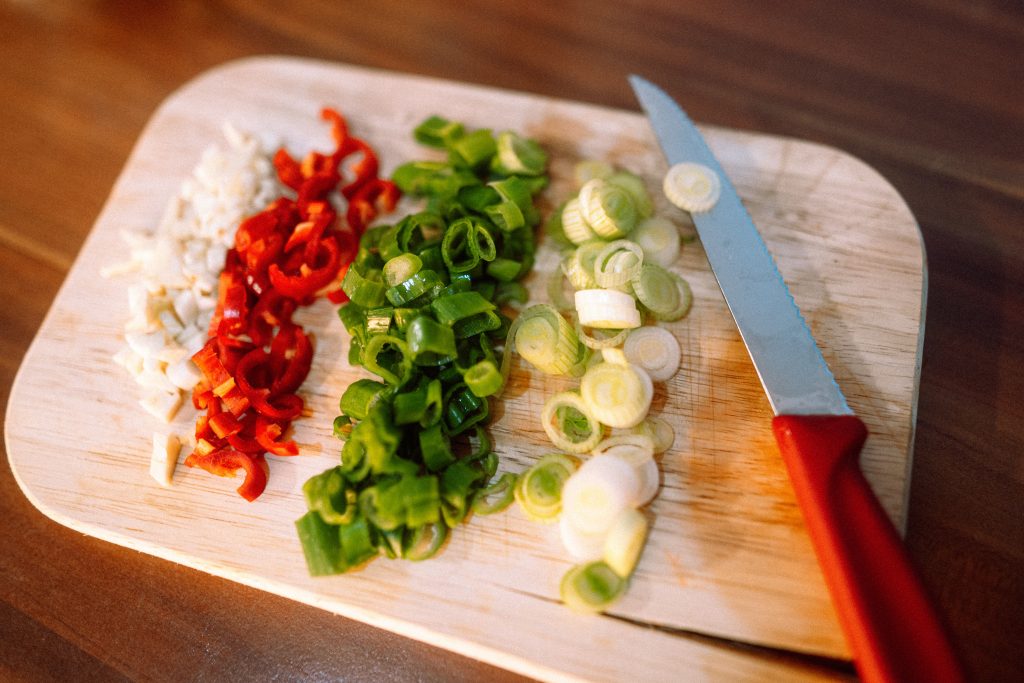
Following a discussion on This Morning on Tuesday, the topic of catering for individuals with coeliac disease during the festive season has gained significant attention – and not all for the right reasons. Whether you’re cooking for your loved ones at Christmas, or working in a professional setting, catering for those with dietary requirements is such an important aspect of food safety and, when handled properly, can be done with little impact on the food you serve this festive season.
What is Coeliac Disease?
Coeliac disease is an autoimmune condition triggered by the consumption of gluten, a protein found in wheat, barley, and rye. Unlike food allergies, coeliac disease can cause severe long-term damage to the digestive system. Even trace amounts of gluten can provoke an autoimmune response, making strict dietary adherence essential. Understanding this distinction is key to catering for those with coeliac disease during Christmas.
The high level of gluten in processed foods poses a significant challenge. Gluten is found in wheat, rye and barley, with wheat flour being commonly used in food production. Wheat flour is not just in bread, pasta, and pastries but is also used as a thickening agent in sauces and a coating in processed snacks. When planning a gluten-free Christmas menu, it’s vital to check ingredients for hidden gluten sources – it should be highlighted as an allergen in the ingredient list.
Cross-contamination with gluten
Cross-contamination in domestic kitchens can easily occur when gluten-free foods come into contact with gluten-containing foods. This can happen through shared utensils, cutting boards, or even toasters and air fryers. Understanding and preventing cross-contamination is crucial in a gluten-free kitchen.
If a guest has asked you to keep your house free from gluten, they are likely concerned about the effects of consuming even small traces of gluten. That is not to say that they think you have poor hygiene standards – cross-contamination happens more than you imagine in most domestic kitchens.
When baking or cooking in the oven, place gluten-free items on the top shelf to prevent crumbs or particles from gluten-containing foods above from contaminating them. Deep-fat fryers previously used for gluten-containing foods should be avoided, as they can be a significant source of cross-contamination.
Catering for a gluten-free Christmas
Creating a gluten-free festive menu doesn’t mean compromising on tradition or taste. When planning your festive menu, start with fresh, whole foods like meats, vegetables, and fruits, which are naturally gluten-free. Traditional roasts, such as turkey or ham, are excellent choices for the main course. Be cautious with processed foods; hidden gluten is often found in sauces, dressings, and seasonings. Reading labels is crucial, as gluten can lurk in unexpected places.
For stuffing, explore alternatives like quinoa, rice, or gluten-free bread, enhancing them with herbs, chestnuts, and gluten-free sausage meat for flavour. Gravy can be thickened with cornflour or a gluten-free flour blend instead of regular flour. Desserts don’t need to be a challenge either; gluten-free flour can be used in your pudding and pies, and many supermarkets offer gluten-free mince pies and Christmas pudding options.
Serving a gluten-free Christmas dinner is as much about the presentation and communication as it is about the cooking. For starters, consider options like stuffed mushrooms or the classic prawn cocktail. When it comes to the cheese board, traditional crackers can be replaced with gluten-free alternatives, cucumber slices, apple wedges, or gluten-free crispbreads.
Most beverages are gluten-free, with the exception of beer which is usually brewed with wheat, but it’s always good to double-check, especially with flavoured spirits or pre-made cocktails. Importantly, communicate with your guests about the gluten-free options available, and don’t hesitate to ask them directly about their dietary needs and preferences.
For those looking to deepen their understanding of coeliac disease and gluten-free catering, resources such as Coeliac UK provide invaluable information. Additionally, we offer comprehensive courses on food allergies and intolerances, equipping you with the knowledge to cater safely and confidently.
